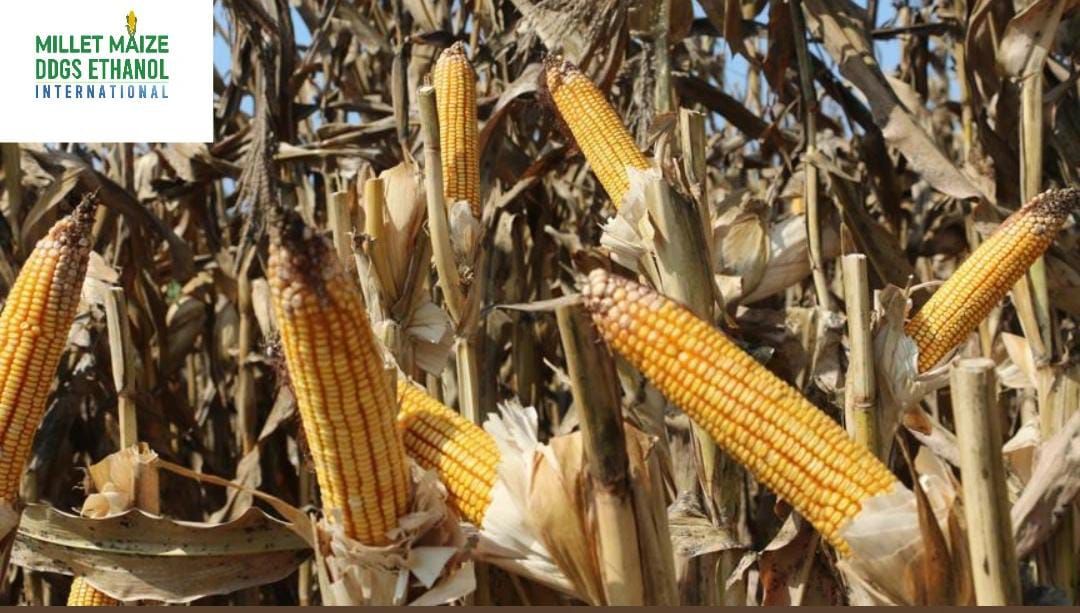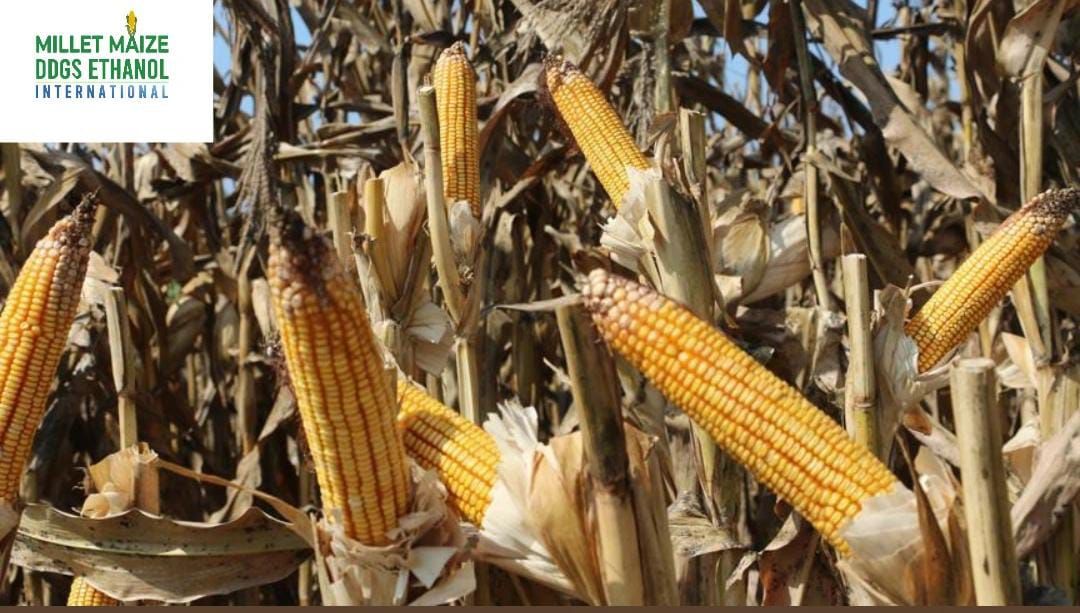mmdeinternational.com - 🇲🇼 Malawi Halts Maize Exports 🌽 to Boost Food Security Amid Rising Hunger

Malawi has announced a ban on the export of maize — a key staple grain. This move is part of the government’s effort to shore up food supplies amid a worsening hunger situation.
The country is facing a shortfall in maize production: the harvest was around 2.9 million tons, but the national requirement is about 3.7 million tons. As many as four million people in Malawi are estimated to be going without adequate food until the next harvest.
Maize is classified under the Control of Goods Act (2018) as a licensable “public commodity” — meaning it cannot be exported without proper authorization.
The government says the export ban is to stabilise domestic supply, control price rises, and protect livelihoods of millions who rely on maize. The export ban applies to maize and maize‑based products. Violating the ban (exporting without authorization) is illegal and can lead to legal action. The government has declared parts of the country a “state of national disaster” due to the food crisis.
More maize remains within the country, which might help ease local shortages and reduce domestic maize price spikes. Helps the government show committed action in face of the crisis.
Some studies suggest that while export bans can help in the short‑term, they may discourage production and hurt farmers in the long run. If farmers expect they cannot sell abroad, their incentives to produce at scale might drop — which could reduce supply in future years. There could be informal exports or trade leakages undermining the measure.
The government will likely monitor supply, prices, and stock levels. Aid agencies might step up food‑assistance efforts in the districts most affected. Farmers and exporters will watch for any revision of the measure or provisions for authorized exports.
